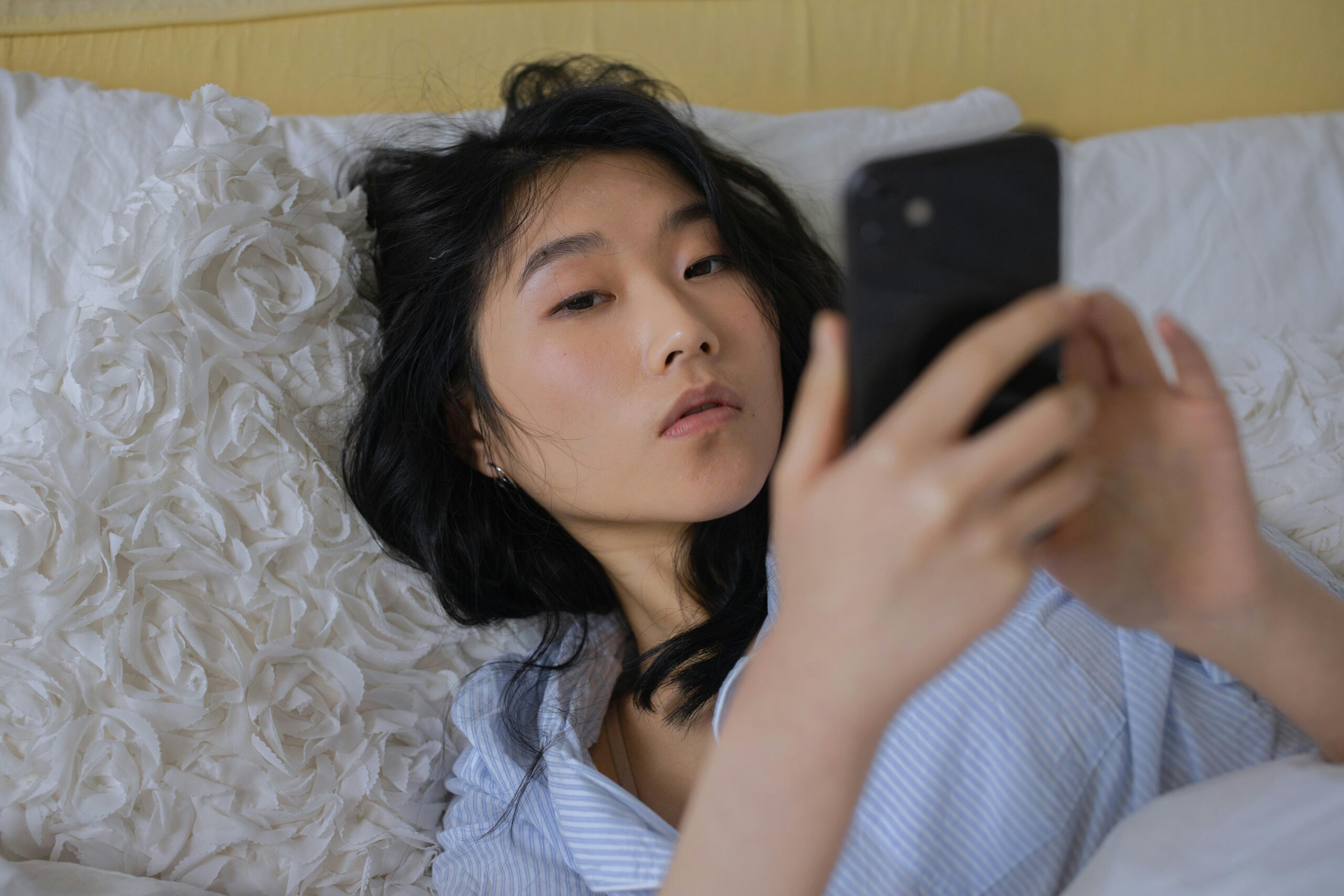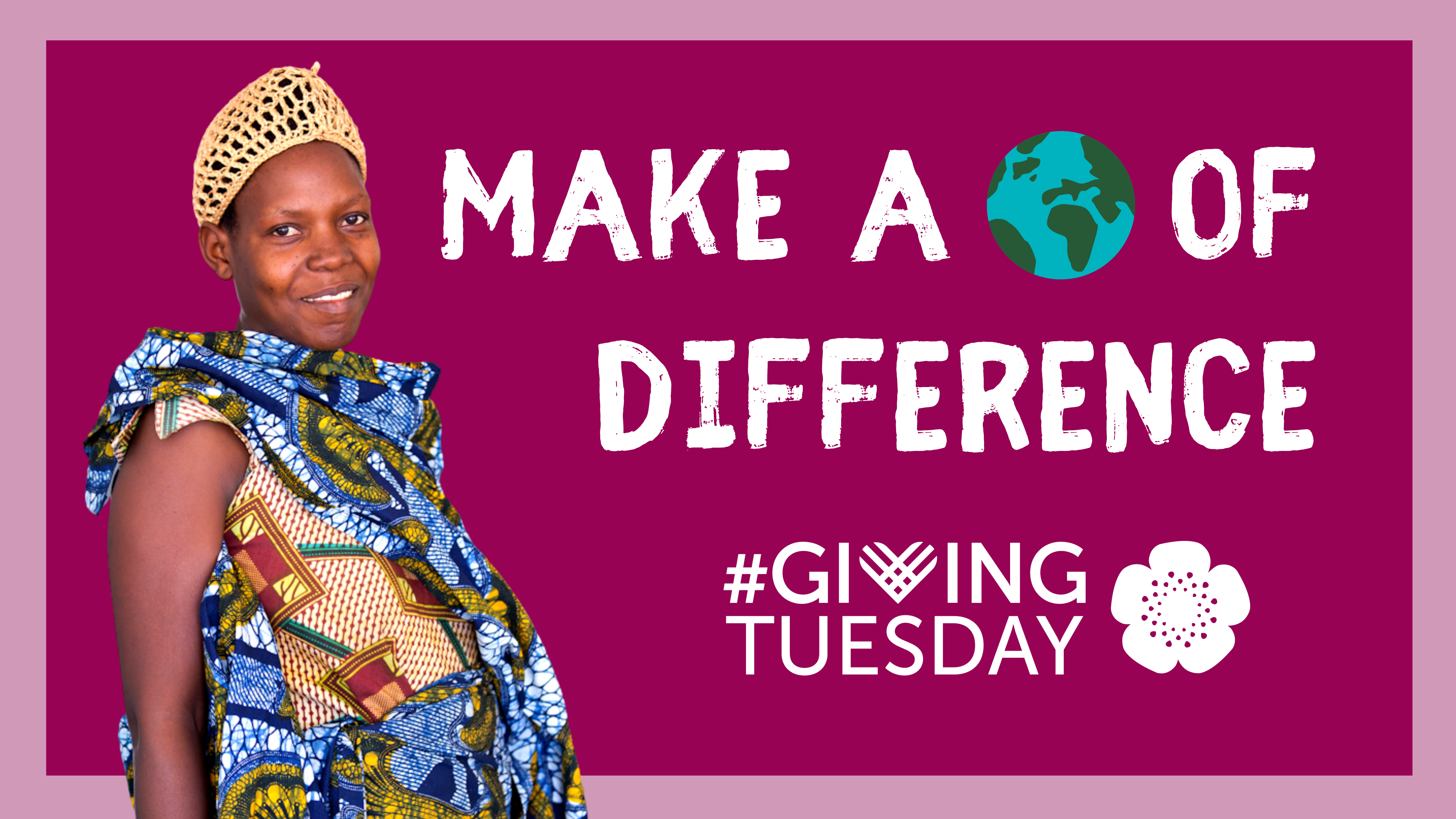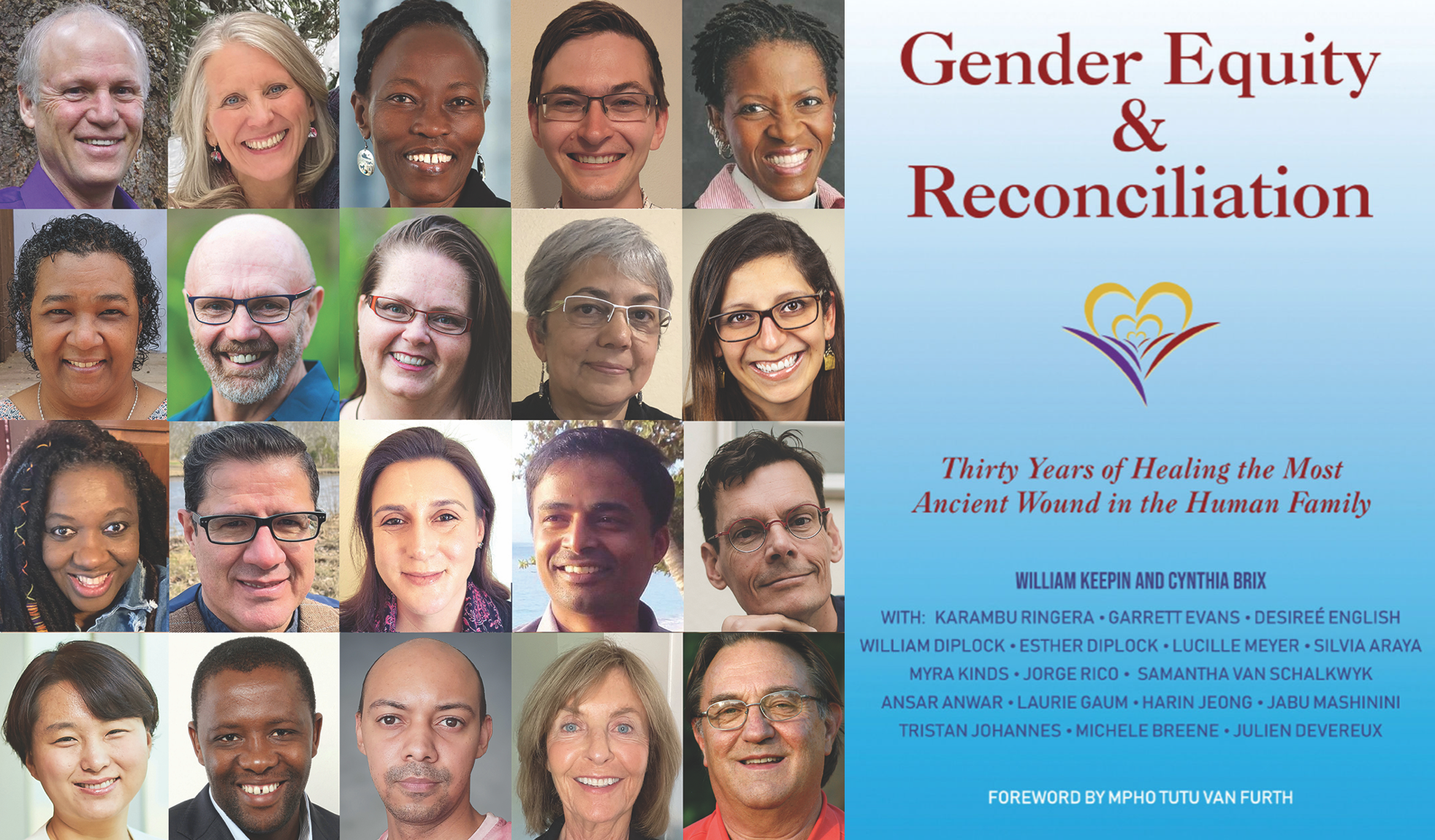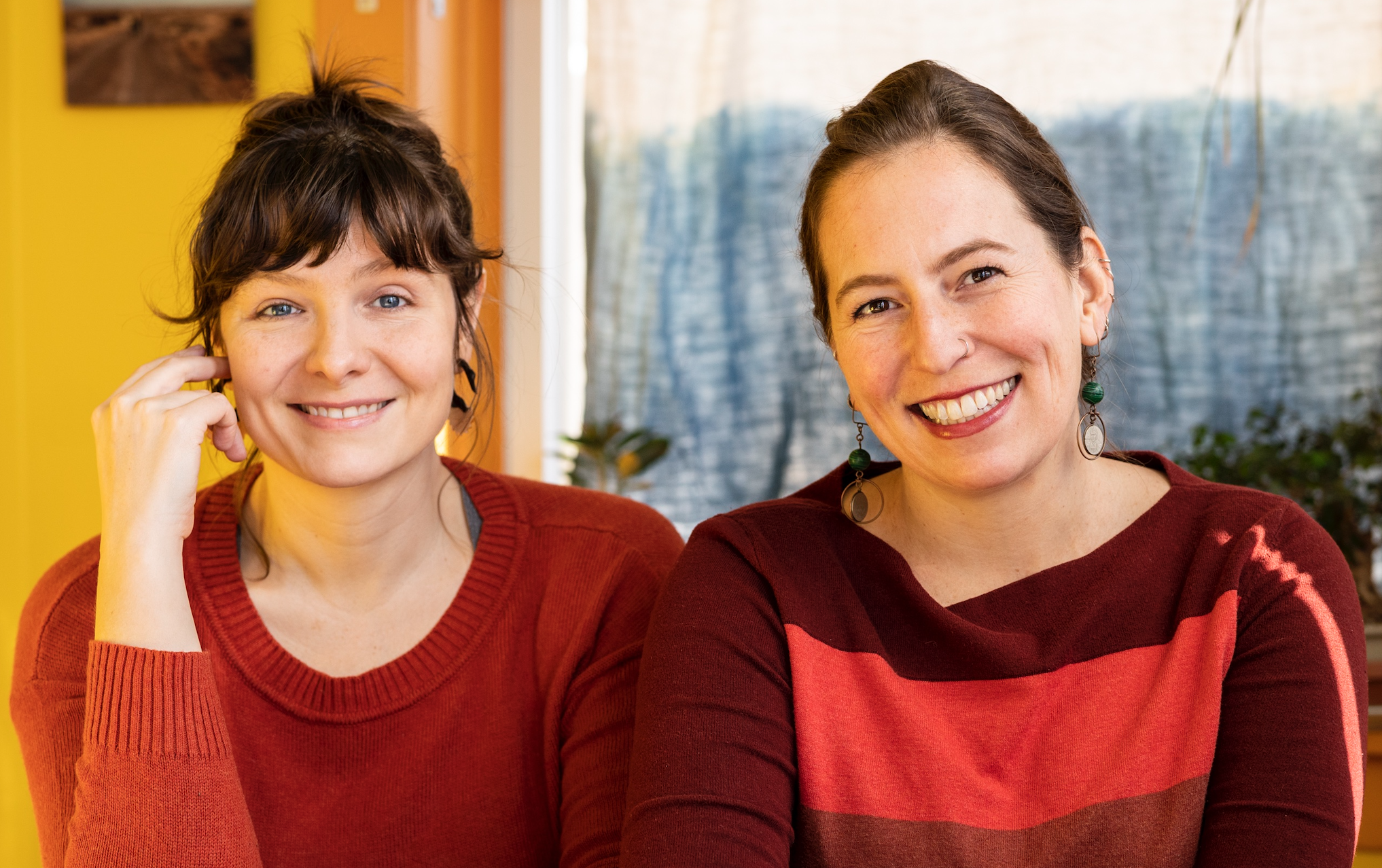A new app is set to change the course of female history forever. Non-profit girls activist organization Spark Summit have teamed up with Google and app Field Trip to create a unique experience showcasing previously invisible women in history at the tip of your fingers.
The project is called Women On The Map which has been in the works for over a year, and now allows you to find out the inspiring history of more than 100 women in 28 countries around the world. How does it work?
Well Field Trip is a location-based app created by Google which recommends interesting and unique places to visit around the world. In 2013 Spark Summit approached Google and shared data with them that showed how women and people of color were being underrepresented in their popular Google Doodles.
This initial discussion let to further encounters between Spark Summit and Google. Google finally approached them about their Field Trip app which already includes stories of the places in their database, and said if Spark were willing to write the stories, they would host them on the app to promote women more.
Google’s vision of helping people discover the world around them and Spark’s vision of allowing women in history to be discoverable seemed to align well and behold Women On The Map was born.
“It’s one thing to read about a landmark while sitting on your couch,” said Google’s Yennie Solheim Fuller about the collaboration. Visiting it in person creates a sensory experience that’s harder to forget, and telling a story about the place has the potential to create an even stronger connection, she said.
“We’re hoping it brings more awareness to those locations and stories,” she said. “What I really hope is that people learn something cool about a place and a woman, and feel inspired to do something similar in their community.”
It was not hard to find stories of interesting women that were not being taught about in school history books. Spark enlisted the help of their teen activists to find the right stories and bring them to life with the help of one of the world’s biggest tech giants.
“Every single one of these woman is a rock star,” said freshman Katy Ma who researched Xie Bingxin, the influential 20th century Chinese writer and activist who attended the Massachusetts single-sex college in the 1920s.
“These women have been edited from history not because they didn’t make meaningful contributions to society but because someone deemed their stories not worthy of being told.”
As an young Asian-American girl, this was the first time she found out about another similar woman to her who made a huge impact in the very area she is from. Her comments show just how impactful this app will be.
“Knowing that someone lived in the exact spot where you are right now, and knowing that so much came out of her life inspires you to think that you can accomplish just as much,” she said.
The collaboration was launched early March which is coincidentally Women’s History Month. Katy Ma and a group of girl researchers from around the world spent five months gathering information to contribute to the app.
In a blog post announcing the new initiative, Spark Summit said this project allows them to bring women, especially women of color, to the forefront of history where their achievements can be more widely recognized.
“We learn history in many ways. Through history classes, textbooks, movies, national holidays, and museums, we learn about who is important in the world. We also learn history by reading the names of buildings, street signs, parks and public monuments. Combined, these cultural indicators inform us of whose accomplishments in history are significant enough to remember and celebrate. But rarely do we learn the history of women. And even rarer do we learn the history of women of color,” they said in a paragraph titled “Why It’s Dope”.
A few of the other women they researched were Patsy Takemoto Mink, the first Japanese-American woman to practice law in Hawaii, Al-Kahina (or sometimes called Queen Dihya) who was an African Jewish soothsayer military warrior who led an army in North Africa in the 7th century, Mary Anning, a 19th century British self-educated fossil hunter who was unable to publish her discoveries in her lifetime, and Christine Jorgensen, well-loved singer and performer who was the first person in the United States to undergo a sex change operation and went on to become a leading trans activist.
Obviously 100 women don’t make up the sum of females around the world whose stories have largely been forgotten in the history books, which is where you come in. If you know of an amazing women who is not included in the Field Trip app, they are encouraging you to write a 150-300 word bio about her life (she can’t still be living) and accomplishments, along with a location connected to her life. Find a photo or image to go along with it and email dana@SPARKsummit.com and write “Women On The Map” in the subject line.
The woman could be someone from your own hometown, or someone in ancient history. And hey if you ever need a great resource to tap into finding obscure stories about women in history who aren’t really talked about, we recommend Rejected Princesses.
Saini, a student at Middlesex County Academy for Science, Mathematics and Engineering Technologies in New Jersey who was part of this project hopes this Spark Summit Google initiative will prompt change in the way schools teach history.
“It’s time we recognized the female scientists, researchers, musicians who are invisible to us,” she said. “They definitely existed, we just don’t learn about them.”
Check out the video explanation below. You can also download the app on iTunes: http://goo.gl/kMuspZ and Google Play: http://goo.gl/keQA0J




















